In today’s competitive academic landscape, students often need more than just classroom instruction to excel. Specialized courses designed to help students improve in specific school subjects have become invaluable resources. These courses offer targeted learning strategies, personalized attention, and supplementary materials that cater to individual learning styles.
Understanding the Need for Improvement Courses

Specialized courses address gaps in students’ understanding. In today’s competitive academic environment, these gaps can hinder overall performance. Improvement courses provide a structured approach to overcoming these challenges, ensuring students don’t fall behind.
Students often struggle with specific subjects, such as math and language skills. Traditional classroom settings may not provide the personalized attention required to address these difficulties. Improvement courses, designed with small class sizes and focused curricula, offer the necessary support.
For instance, math support programs use diagnostic assessments to identify knowledge gaps. Tailored lesson plans then target these areas, enabling students to build a solid foundation. Similarly, language courses focus on grammar, vocabulary, and comprehension, helping students develop essential skills for academic success.
Parental involvement plays a crucial role by reinforcing the importance of these courses. Parents recognize the benefits of additional support and encourage their children to engage actively. Schools also collaborate by integrating improvement courses into their supplemental education offerings.
Improvement courses not only address academic shortcomings but boost self-confidence. Students gain a sense of accomplishment as they master challenging concepts, which positively impacts their overall academic journey. Enhanced confidence translates to better performance in regular classes, leading to a holistic improvement in educational outcomes.
Courses Designed To Help Students Improve In School Subject Areas Where They Did Not Perform Well
Improvement courses target specific academic areas where students often face challenges. These courses provide focused instruction, tailored lesson plans, and supplementary support materials to enhance students’ understanding and performance.

Math improvement courses focus on key areas such as algebra, geometry, calculus, and arithmetic. These courses help students master fundamental math concepts and develop problem-solving skills. Students often benefit from interactive activities, practice worksheets, and one-on-one tutoring sessions to improve their math proficiency.
Science improvement courses cover subjects like biology, chemistry, physics, and earth science. These courses provide in-depth explanations of scientific principles and offer hands-on experiments to reinforce learning. Students gain a better understanding of scientific methods and concepts through guided lab sessions and detailed study materials.
Language arts improvement courses enhance skills in reading, writing, grammar, and vocabulary. These courses help students improve their comprehension, essay writing, and literary analysis abilities. Students receive support through tailored reading lists, writing exercises, and feedback sessions to address individual weaknesses.
Social studies improvement courses address topics in history, geography, economics, and civics. These courses help students grasp complex historical events, understand geographical concepts, and learn economic principles. Students benefit from interactive discussions, primary source analyses, and project-based learning to deepen their knowledge in social studies.
Benefits of Enrolling in Improvement Courses

Improvement courses offer numerous advantages that extend beyond the classroom environment. These programs contribute to both academic and personal growth.
Improvement courses significantly enhance students’ academic performance. Targeting specific weaknesses through tailored lesson plans helps bridge gaps in understanding, leading to better grades. For instance, math courses focusing on algebra can improve problem-solving skills, while science courses emphasize practical application through lab sessions. This focused approach results in measurable academic improvements.
Students gain self-assurance through consistent progress in improvement courses. By mastering challenging topics, they build a sense of accomplishment which translates to greater confidence in regular classes. For example, improvement courses in language arts enable students to articulate thoughts more clearly, boosting their public speaking confidence. This newfound confidence motivates students to tackle future academic challenges with a positive mindset.
Improvement courses instill effective study habits that benefit students long-term. Structured learning environments and personalized plans help develop time management and prioritization skills. For example, regular feedback sessions in social studies courses teach students how to analyze information critically. These habits, reinforced through routine practice, contribute to a
Specialized courses play a vital role in addressing academic challenges and enhancing student performance. By offering personalized learning strategies and targeted support, these programs help students overcome difficulties and build confidence. With the collaboration of qualified instructors, tailored lesson plans, and engaging teaching methods, improvement courses provide a structured path to academic success.

